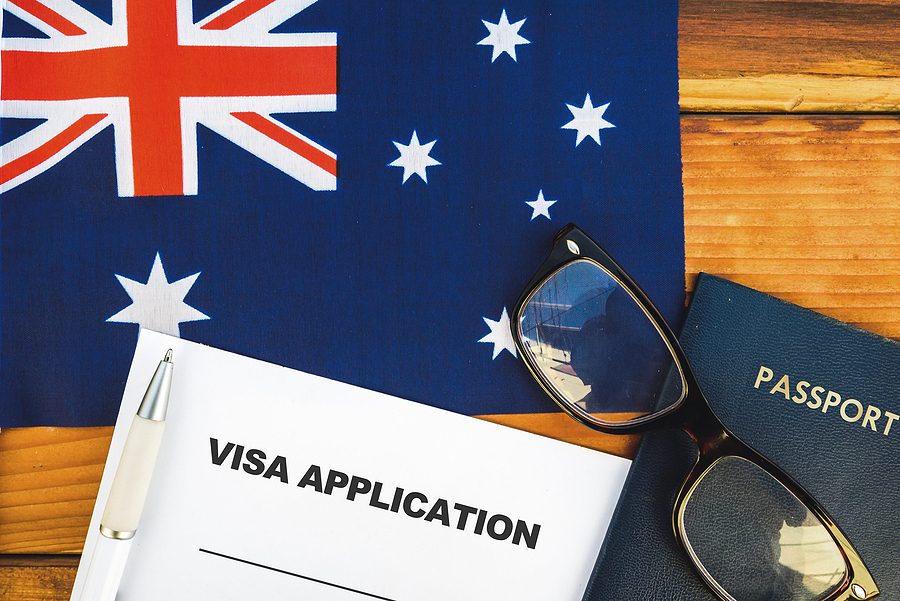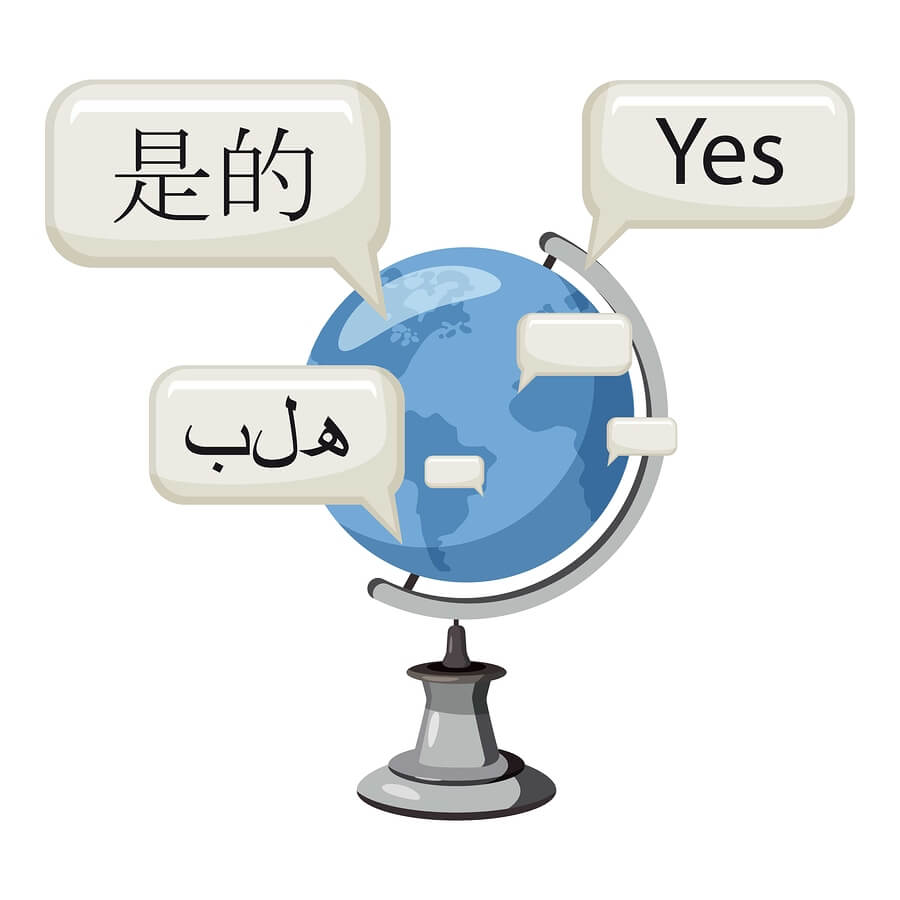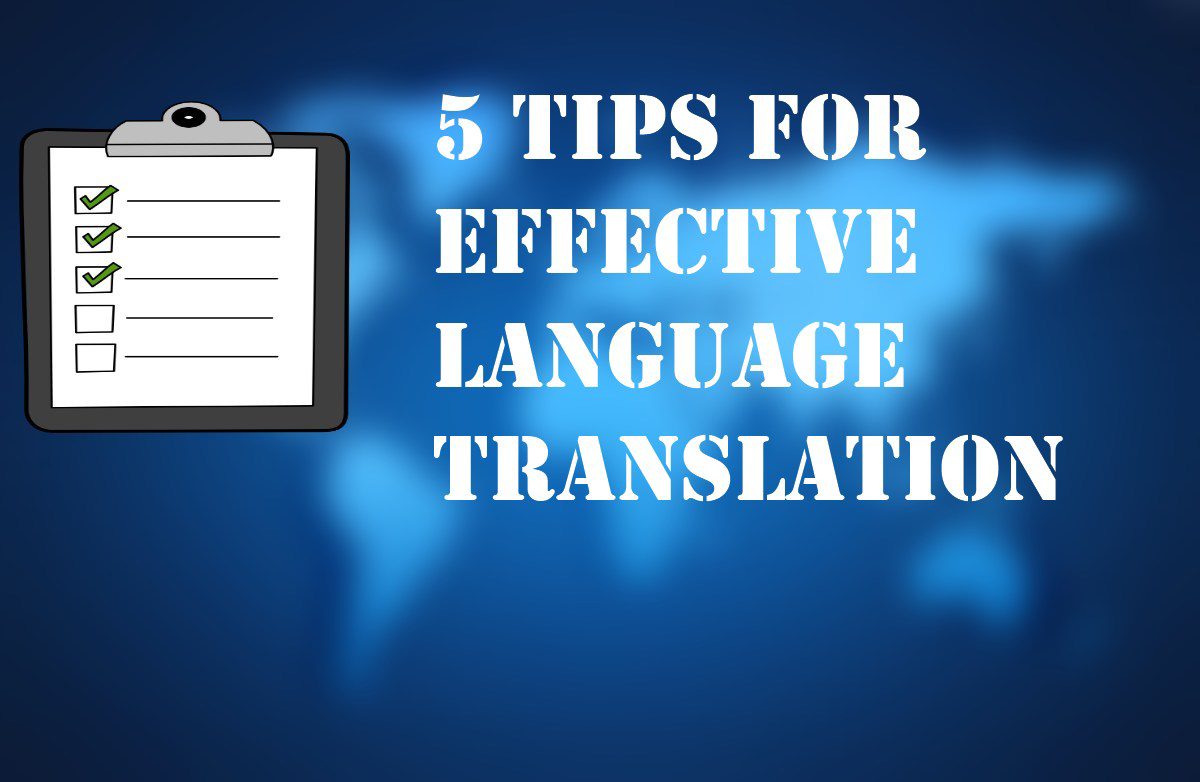One of the commonest reasons for families requiring translations is when they migrate to another country. Most immigration authorities require that all key documents related to the family need to be provided with a translation if these documents are not in the same official language as the country in which the migrants are intending to live in. This includes translations of the following:
- a birth certificate for each family member;
- marriage certificate, when applicable;
- a divorce certificate, if applicable;
- any academic degrees
- college diplomas;
- transcripts of course records;
- medical examination reports and medical records for all the family;
- overseas driver’s licenses;
- police checks for family members.
In Australia, as with most other countries, translations of all key family-held documents will need to be accompanied by a signed and certified translation. Failure to do this can delay a migration application and if it involves starting a new job the main applicant may be rejected if the immigration process is far too slow. There is a lot at stake if you do not get the right translations for the documents required to get your new immigration status approved.
Translations for families arriving in Australia
No one is permitted to enter Australia without a visa, whether it is for visiting Australia on a tourist visa, for permanent residency, a bridging visa, a visa for employment purposes, or a working holiday visa. The Australian Government will only accept the English language for the documents that are required for entry into the country for both individuals and families.
All translations of documents required to get a visa must be performed by an approved professional translator who has NAATI accreditation. NAATI stands for the National Accreditation Authority for Translators and Interpreters and it is responsible for ensuring that translators reach a high standard before being accredited.
The process used for translating visa application documents for families.
Because most documents required to support a visa application are legal documents it is always better to get a professional legal translator to perform the translations. This means a human translator, not an online tool that specifies it undertakes translations of legal documents. These sorts of translations are notorious for providing inaccurate translations of documents which if used will lead to delays in your and your family’s move to Australia.
Legal documents depend on accurate translations which are usually word-for-word translations. As Australian immigration officials require that every part of a legal document is translated including seals and watermarks it is important to get a legal translator to do the work as he or she will be familiar with the seals and watermarks found on your legal documents. The translator will then certify and sign the translation and state that it is an accurate translation.
If any translated document that you are required to provide for you and your family for visas to if it has not been certified by a professional legal translator your application will be rejected leading to long delays while you sort out your translation problems.
Other reasons why families may need translations
If you have just arrived in Australia and your family is not fully fluent in English, they may need translations related to education and health provision in Australia. Most of the states provide key documents in these areas translated into a whole range of languages. However, if you find some important information that has not been translated into your language you can request a translation from the state you live in. You can also request an interpreter if you are visiting a healthcare provider or your child’s school. An interpreter will help you to communicate with these agencies and will ensure that miscommunication does not take place.





